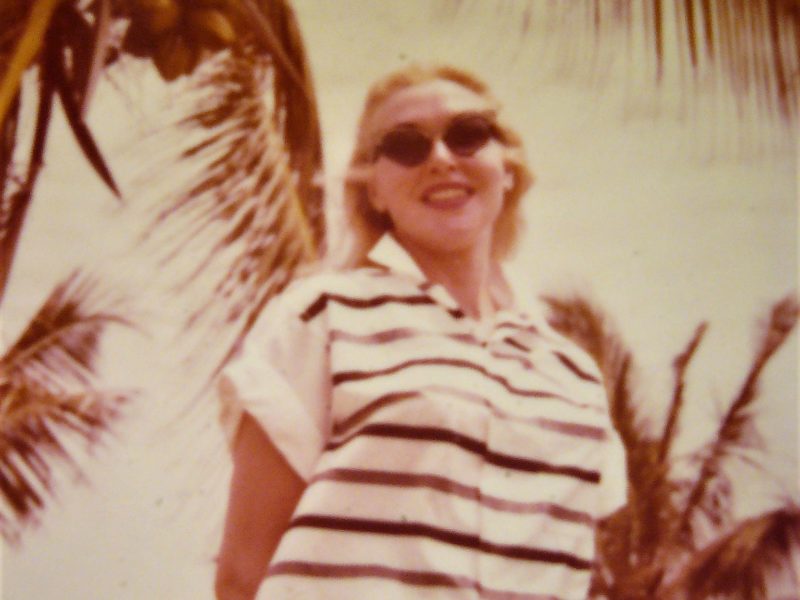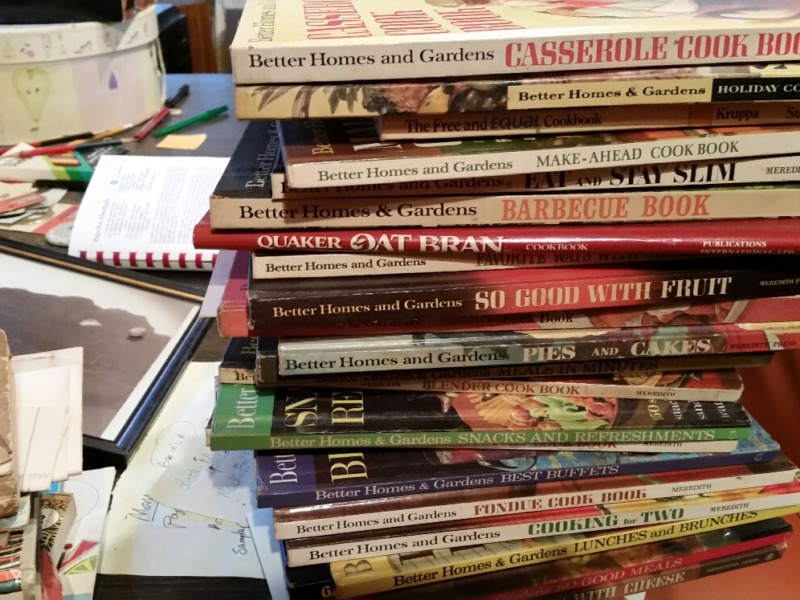
Are you asking this question today? I’ve asked it every November for more than a decade. My parents weren’t just part of Thanksgiving. They were Thanksgiving.
How do I salvage the holiday now? What can I tell you so you can piece together a Thanksgiving celebration that isn’t simply tolerable but actually enjoyable?
I’ll warn you right now, some Thanksgivings really suck, especially the ones right after a death. Grief is expert at ambush, walloping you just when you think “I’ve got this.” An empty seat, a cherished tradition, a Christmas song on the car radio. All kinds of triggers lie about this time of year.
As hard as we try, grief is going to body slam us now and then. It’s inevitable, like a chemical reaction. We combine over-the-top holiday expectations and the stark reality that our mother, father, brother, husband, sister or other loved one is gone and won’t be back. And then bam! The tears come. Because Thanksgiving will never be the same. And we can’t change that.
But that does not mean that we cannot be grateful – at Thanksgiving or at any time of the year. In fact, gratitude can become an energizing force that powers our lives day in and day out. But how?
Don’t be fake.
I want to make it clear, I’m not talking about ignoring the loss, individually, or corporately at the Thanksgiving table. In fact, I think that if we bury our feelings and our grief, we do ourselves harm. The best way to take grief’s power away is to express it.
How do tears lead to gratitude? I know in the early days of my grief, every happy memory came with the wet blanket of the sorrow of what was now gone. But I kept at it.
Today, I’m able to feel the happy without feeling the pang of grief. I think if I’d never worked out that sorrow, I would never have gotten to this place. Now I can embrace happy memories.
Search for blessings.
At the same time we grieve, we can search for what good is happening in our lives. Grief and gratitude can co-exist. Our inclination may be to allow our grief to consume us day after day. Month after month. Incredibly, while we’re being real with sorrow, we can also be real with the reality that we are blessed.

I looked out for what kind of victory I might claim from losing my dad and mom. I admit, I felt defeated. Death is final. It laughed at me. What kind of hope could I pull from its jaws?
One huge blessing was that I’d married a few months before Mom passed. I imagined what it would be like if I had no one. That would have super sucked. I dwelled on the blessing of marriage like a lifeline. It kept me from drowning in depression. Yes, I’d lost a lot. But I hadn’t not lost everything.
Create a tangible memorial.
Every Thanksgiving, I make dressing from my mother’s recipe. It’s a tangible connection to her. A way to bring her into Thanksgiving. My parents, my brother and I sat around our dining table many a November and enjoyed her delicious concoction with homemade gravy (which, by the way, my mother-in-law loves). I’ve also used Mom’s dishes on Thanksgiving to memorialize her and our family.
A memorial can take many forms. It may be watching the Thanksgiving parade on TV like you did with dad. Or leaving an empty seat at the table in honor and recognition of the beloved. Or perhaps going around the table with each family member identifying a happy memory of the departed.
Do what comforts. If a holiday meal is too much for you, pass on it. You may just want to stay home. And that is okay, too.
Practice gratitude.
After we’ve identified our blessings – even the “smallest” ones like a dry bed to sleep in or the fact we aren’t hungry – we can dwell on them to help create an “attitude of gratitude.” One gratitude tends to generate more gratitude. And that creates joy. Remember, grief and joy can co-exist.
I discovered the lifestyle of gratitude 20 years ago immediately after being diagnosed with Chronic Fatigue Syndrome. I was tired all the time, and I could barely work. Nor could I pursue any of the activities that gave me pleasure. The fact I should become a sort of optimist, looking for what good could come from everything (well, almost), was an amazing feat. I had been a lifelong pessimist.
Gratitude actually was a gift. God always had it there for me, I simply had to be ready to receive it. I was at my wits end. My negativity – based in the very real fact that I was sick and practically disabled – was not serving me. And so one day on my bed, I began thinking of what I did have. What sickness hadn’t taken away. One of those blessings was my parents and their love and care.
Put faith in the foundation of gratitude.
Yes, I lost them eventually. I mourned them deeply for years – and continue to grieve for them. Sometimes I hated Thanksgiving. And I don’t doubt that sometimes I will just want the day to pass.
But I am grateful for many things. For nuggets of memories. For the time – eight years – that my husband gave me at their home to go through their things and to find healing while doing so.
And I’m especially grateful for the love I still feel from them. They are not here, but I daily see the impact they continue to have on my life. They taught me how to live well.
One day, I will see them again. That assurance, provided by Jesus, is the foundation of my gratitude. It’s the foundation of thanksgiving, on Thursday, on Friday, on any day of the week or month of the year.
What are you grateful for today?
Copyright © 2019 by Toni Lepeska. All rights reserved. www.tonilepeska.com





 Recipe Keepsakes: Tasting the Grief, Love at Thanksgiving
Recipe Keepsakes: Tasting the Grief, Love at Thanksgiving
Leave a Reply